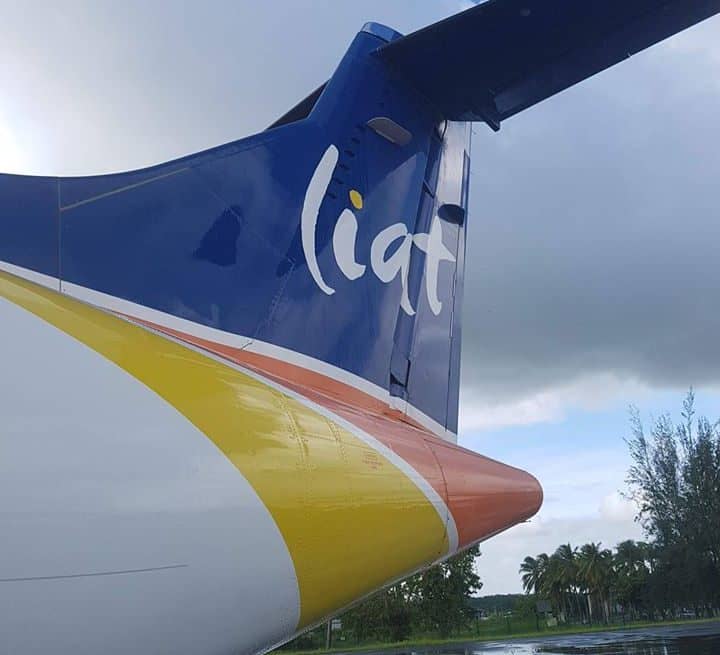
A number of countries are opting out of the travel bubble and news from St Johns is that it could affect LIAT’s intended recommencement of flights on November 08, 2020.
It was last month that CARICOM heads of government agreed that they would allow persons traveling within CARICOM states to avoid weeks of quarantine once they present a negative PCR test.
However, Grenada and St Kitts and Nevis have since decided not to participate in the bubble while Barbados has gone against the terms of the agreement by listing Antigua and Barbuda as a high-risk country.
On Thursday, Antigua and Barbuda’s Information Minister, Melford Nicholas, said if the arrangements for travel and the protocols for intra-regional travel are going to be cropped and changed at the blink of every eye, then it becomes a greater challenge for any business to operate, far less the persons who would wish to travel.
Furthermore, he said the instability of the regime’s that are in place because of what is now taking place in respect of the travel bubble, is not helpful to LIAT.
“It’s not helpful for persons wishing to travel because it’s going to create that level of uncertainty. More importantly and more troublesome has been the actions of Barbados which seemed to have come up with its own categorization and would have listed a number of Caribbean states in high category to include Antigua,” Nicholas said.
According to the Antigua and Barbuda minister, “this falls out of the framework of the CARICOM travel bubble so it is from this standpoint that the government is expressing some concern and I am certain that this matter will wend its way back before the heads of government for further consideration”.
As at November 3rd, the twin island state, along with other CARICOM members states including The Bahamas, Guyana, Haiti, Jamaica, Suriname, Trinidad & Tobago and Belize, were listed among countries with increased risk of transmission of the COVID-19 virus.
However, compared to countries like St Lucia which currently has 74 active cases but is listed in the medium risk category, Antigua and Barbuda only has nine active COVID-19 cases – far below the 20 person threshold to even be considered as a medium risk country.
St Vincent & Grenadines (4) have also been categorised by Barbados as a medium risk country while Anguilla (0), Dominica (28), Grenada (4), Montserrat (0) and St Kitts and Nevis (0) are said to pose a very low risk. Even China has been categorised as a very low risk country.
The decision by the Barbados government to list Antigua & Barbuda as a high risk country means that travelers who leave the country are required to present a negative PCR test – taken within 3 days – before arriving in Barbados. Anyone who arrives in Barbados without that test can be denied entry.
Once there, they must remain in quarantine for 7 days after arrival. Four to 5 days after they arrive, they will be retested for COVID-19. It is only after a second negative PCR test that travelers are allowed to move within Barbados unrestricted.
Nicholas believes that the time will come when regional governments will have to reconvene to review the sustainability of the CARICOM travel bubble and to iron out issues regarding its implementatin.
Advertise with the mоѕt vіѕіtеd nеwѕ ѕіtе іn Antigua!
We offer fully customizable and flexible digital marketing packages.
Contact us at [email protected]

















As a caribbean Nation we should support each other than trying to bring down and act selfish. We are nation that is very strong once there is unity. Tourism is what most of the caribbean thrive on. I dont know if the reason for this is to get cheap tourism points in the long run .
Comments are closed.